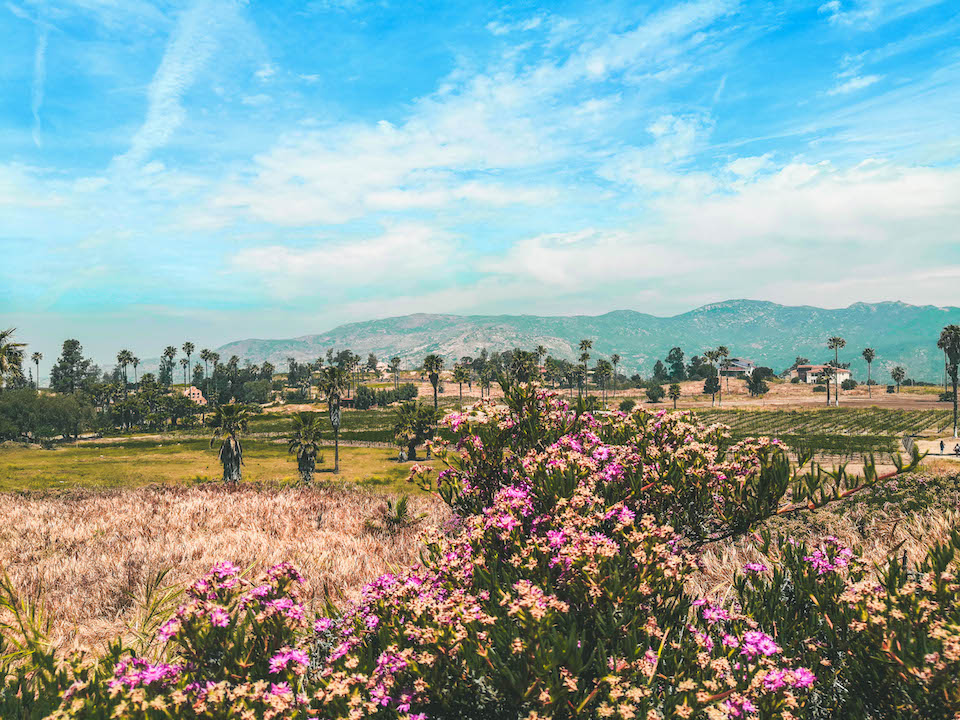
Tecate
ABOUT TECATE Founded in 1892, Tecate has a population of 64,764 people. The connection to Mexican Federal Highway 2 connects Tijuana and Mexicali. With a location forty miles from the city of San Diego; however, the mountainous route is not
Welcome to Visiting Mexico – Your Passport to an Unforgettable Adventure!
Mexico is an amazing country and it is HUGE and every corner has something jaw-dropping to offer. From ancient ruins and vibrant markets to world-class beaches and next-level street food, there’s so much to discover. And guess what? You don’t have to figure it all out on your own.
That’s where we come in.
Visiting Mexico is more than a travel site — it’s a living, breathing community of explorers helping each other experience the best of Mexico, the smart and responsible way.
🌎 WE PROMOTE RESPONSIBLE TOURISM
At Visiting Mexico, we know that the best way to explore this vibrant country is with respect, kindness, and an open heart. That’s why we encourage responsible tourism: You’re not just checking off a list of tourist hotspots — you’re embracing the local culture, supporting small businesses, and helping protect the beautiful places that make Mexico so magical.
It’s all about leaving Mexico better than we found it — because this beautiful country deserves the best of us.
📲 REAL-TIME TRAVELER TIPS & WARNINGS
Run into a roadblock? Found an unexpected detour or secret fiesta? Share it with the community in real time. Our site integrates with social media so travelers can warn, guide, and support each other instantly — because your experience might help someone else have a smoother trip.
🍹THE BEST OF MEXICO, SERVED FRESH
Forget endless scrolling — we’ve already found the good stuff for you. From boutique stays and foodie favorites to can’t-miss adventures, we’ve handpicked the absolute best across every state and major city.
Craving 5-star views in Los Cabos? Street eats in Oaxaca? Top Spots you can’t miss in Sonora?
Yep. It’s all here. Curated, loved, and ready to be added to your itinerary.
🇲🇽TRAVEL SMART, TRAVEL TOGETHER. TRAVEL MEXICO
Join the Visiting Mexico community and explore the country like never before — with purpose, passion, and plenty of tacos.

ABOUT TECATE Founded in 1892, Tecate has a population of 64,764 people. The connection to Mexican Federal Highway 2 connects Tijuana and Mexicali. With a location forty miles from the city of San Diego; however, the mountainous route is not
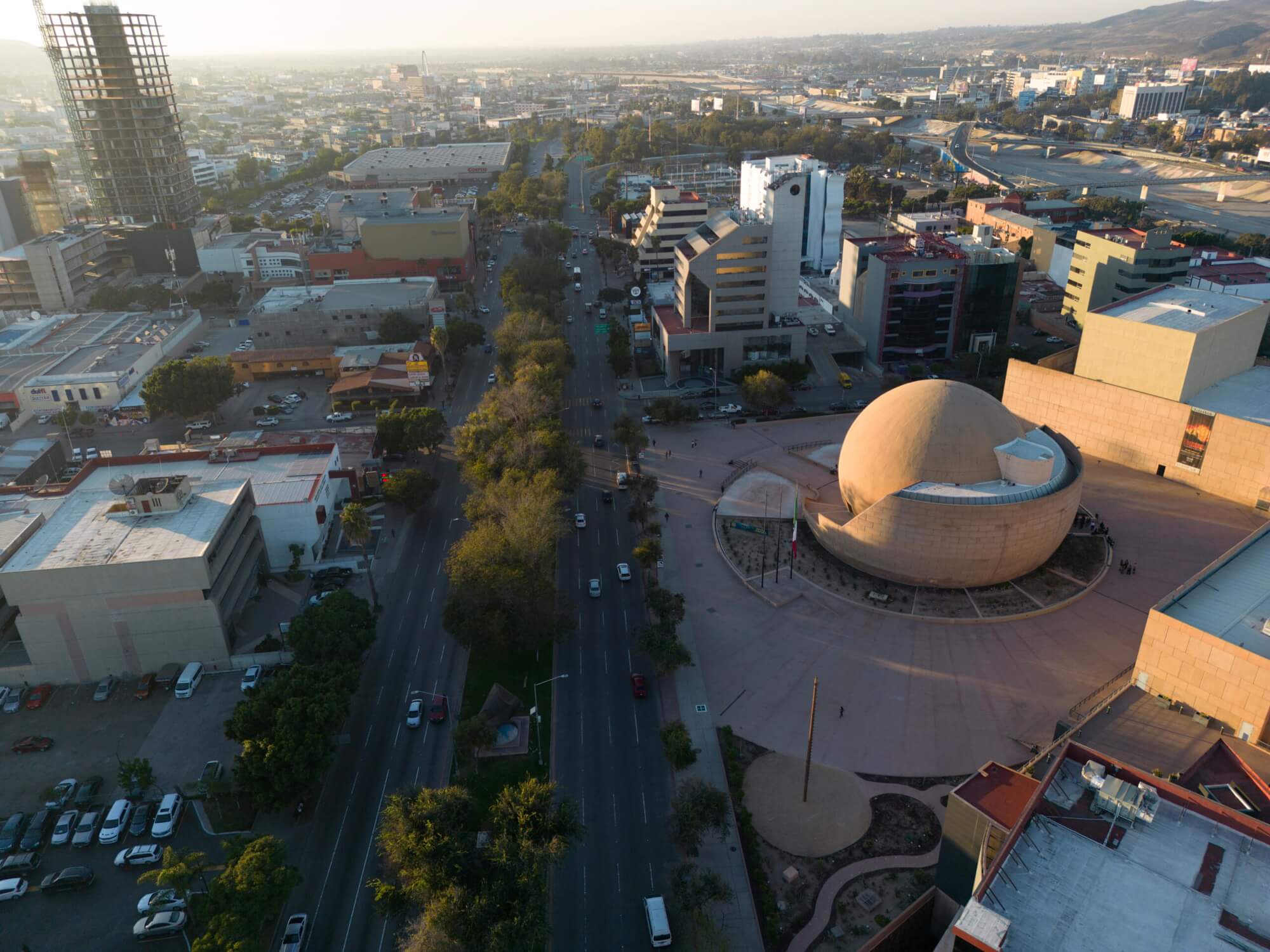
ABOUT TIJUANA Tijuana is the westernmost city in Mexico, in the northwest corner of the country. It is also only 130 miles from Mexicali, the capital of Baja California. Tijuana sits in a valley on the Tijuana River that boasts rugged and hilly

Oaxaca is located in southern Mexico and is one of the country’s most culturally and biologically diverse states. Home to about 4.3 million people, it has a large Indigenous population with over a dozen distinct groups. The capital, Oaxaca de
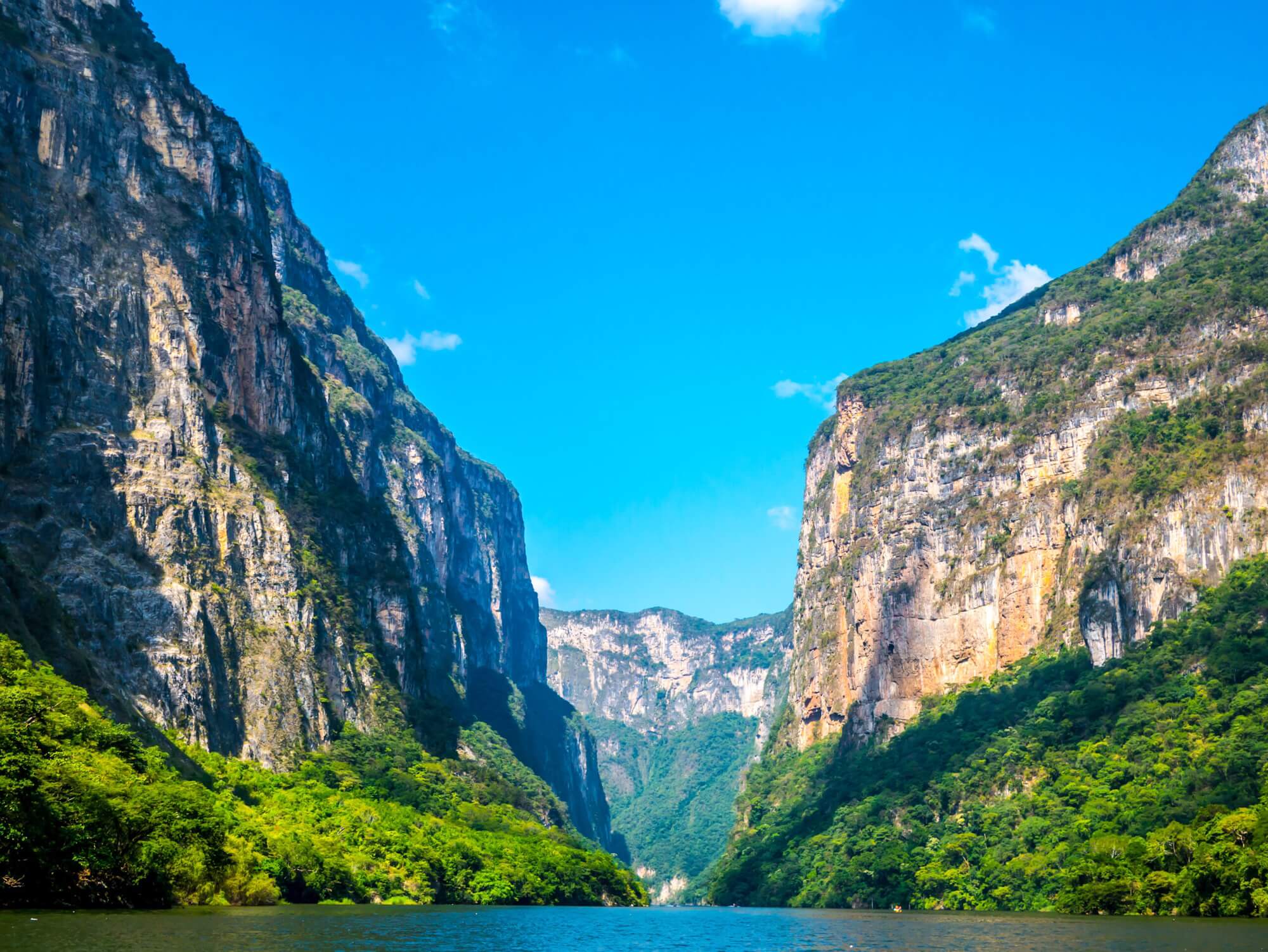
Chiapas lies in the southern part of Mexico and is one of the country’s most diverse and culturally rich states. It has a population of approximately 5.5 million people and is home to a large Indigenous population. The capital, Tuxtla
Campeche is located on the western side of the Yucatán Peninsula and borders the Gulf of Mexico. With a population of around 1 million, Campeche is known for its well-preserved colonial architecture, particularly in its capital city, San Francisco de
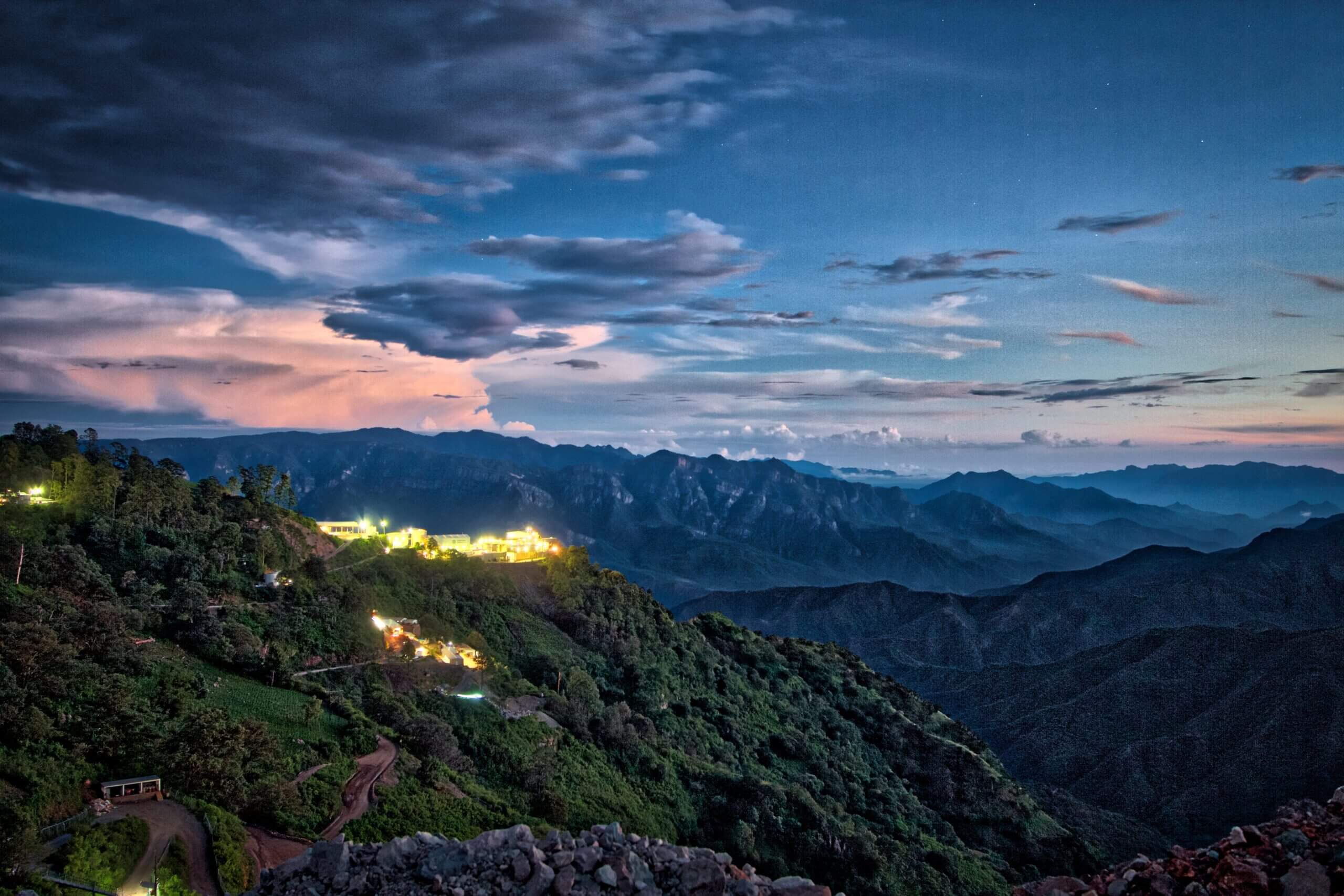
Chihuahua is Mexico’s largest state by area and is located in the north of the country, sharing a long border with the United States. It has a population of approximately 3.8 million people and is characterized by a mix of
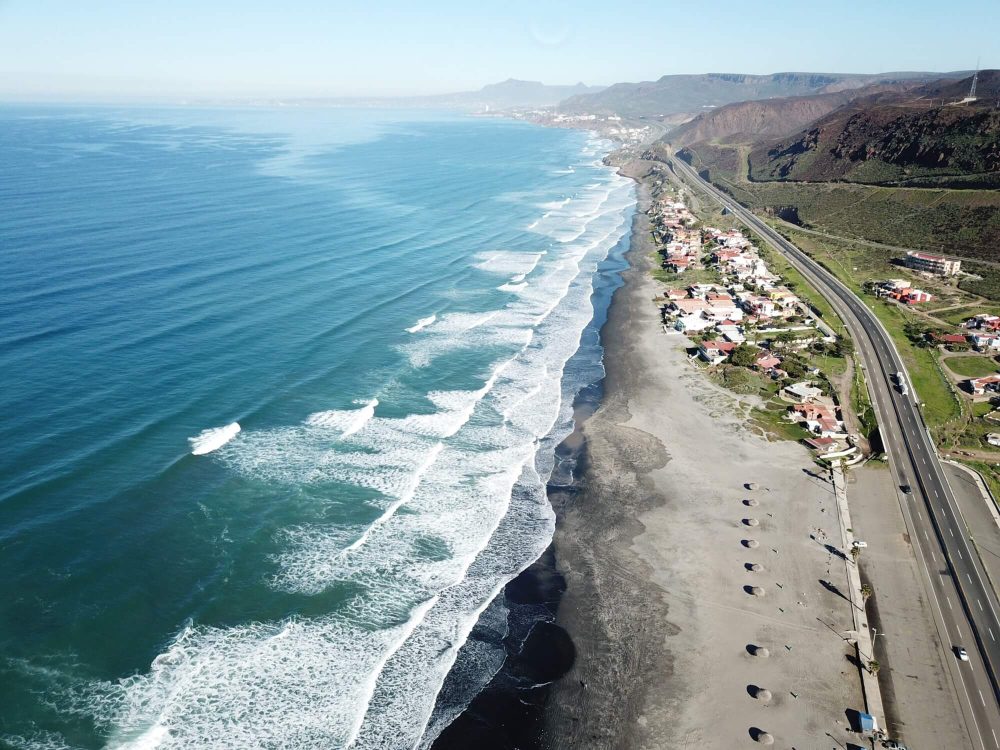
Baja California occupies the northern portion of the Baja California Peninsula and borders the U.S. state of California. It has a population of around 4 million people and is one of Mexico’s most dynamic border states, with cities like Tijuana
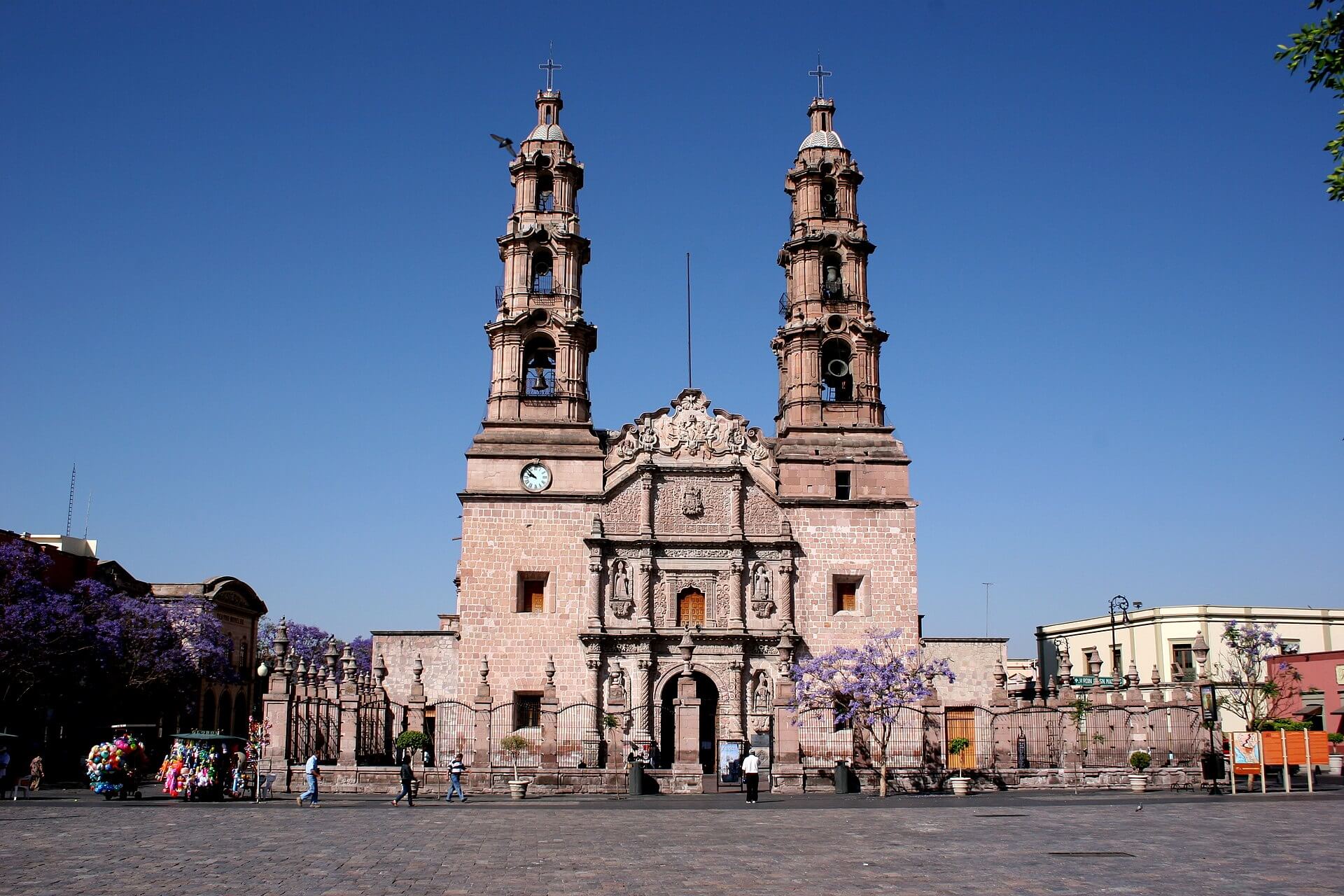
Aguascalientes is a small but vibrant state located in north-central Mexico. With a population of approximately 1.5 million people, it stands out for its strong industrial base and high quality of life. The capital city, also named Aguascalientes, serves as
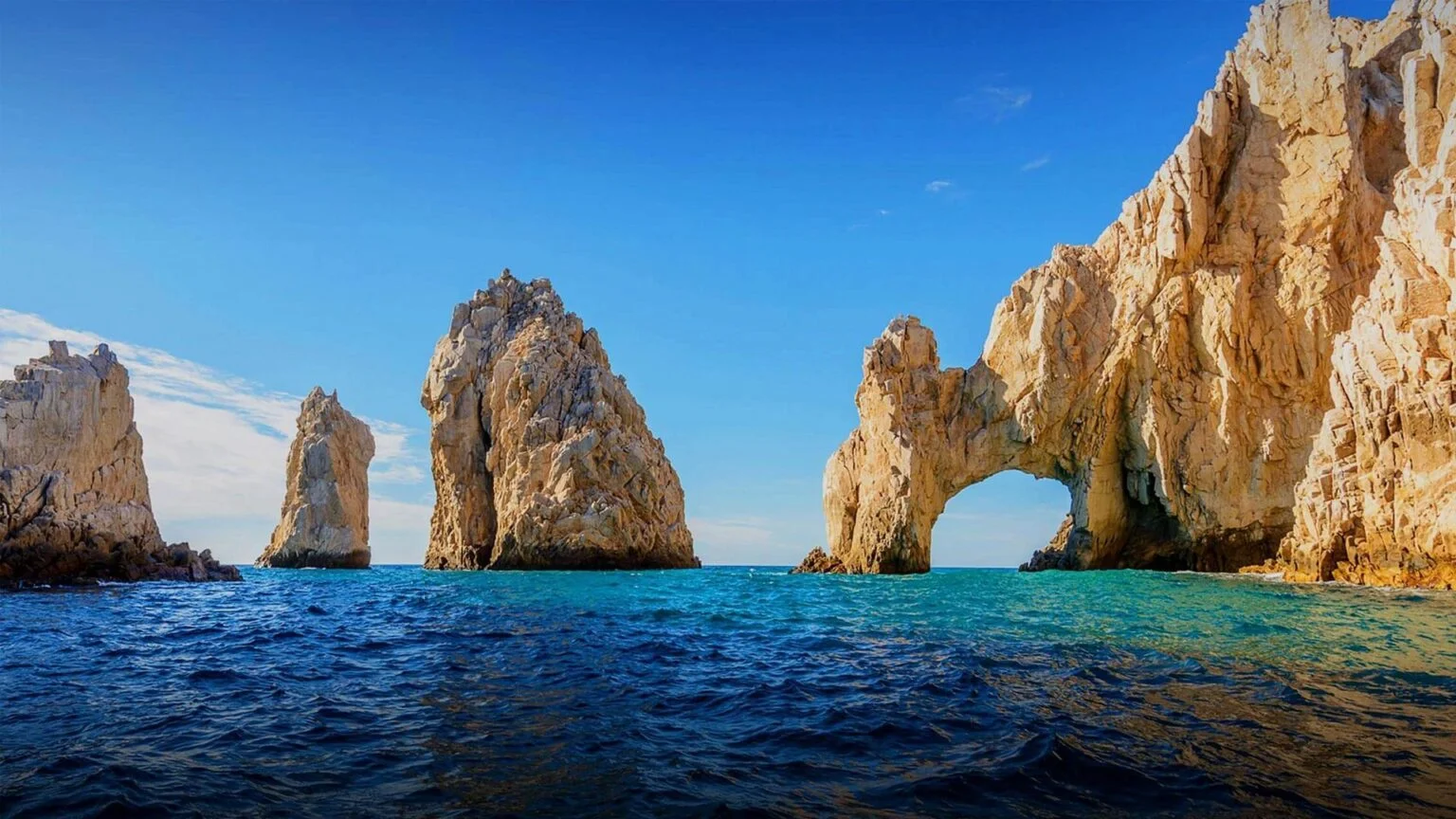
Baja California Sur covers the southern half of the Baja California Peninsula and is known for its stunning coastal landscapes and tourism-driven economy. Despite having a relatively small population of about 850,000 people, it attracts millions of visitors each year,
A form to capture the Coahuila interest in Trip Planning from the website.
A form to capture the Tamaulipas interest in Trip Planning from the website.
A form to capture the San Miguel de Allende interest in Trip Planning from the website.
A form to capture the Sinaloa interest in Trip Planning from the website.
A form to capture the Morelia interest in Trip Planning from the website.
A form to capture the Riviera Nayarit interest in Trip Planning from the website.
A form to capture the San Cristobal de las Casas interest in Trip Planning from the website.
A form to capture the Palenque interest in Trip Planning from the website.
A form to capture the Monterrey interest in Trip Planning from the website.
A form to capture the Nuevo Leon interest in Trip Planning from the website.
A form to capture the Hermosillo interest in Trip Planning from the website.
A form to capture the San Carlos interest in Trip Planning from the website.
A form to capture the Puerto Peñasco interest in Trip Planning from the website.
A form to capture the Sonora interest in Trip Planning from the website.
A form to capture the Mexico City interest in Trip Planning from the website.
A form to capture the Ciudad Juarez interest in Trip Planning from the website.
A form to capture the Chihuahua interest in Trip Planning from the website.
A form to capture the Los Cabos interest in Trip Planning from the website.
A form to capture the Todos Santos interest in Trip Planning from the website.
A form to capture the Loreto interest in Trip Planning from the website.
A form to capture the Baja Sur interest in Trip Planning from the website.
A form to capture the Tijuana interest in Trip Planning from the website.
A form to capture the Mexicali interest in Trip Planning from the website.
A form to capture the Tecate interest in Trip Planning from the website.
A form to capture the Puerto Nuevo interest in Trip Planning from the website.
A form to capture the Valle de Guadalupe interest in Trip Planning from the website.
A form to capture the Ensenada interest in Trip Planning from the website.
A form to capture the Rosarito interest in Trip Planning from the website.
A form to capture the San Felipe interest in Trip Planning from the website.
A form to capture the Baja California interest in Trip Planning from the website.
Form signup from a conference to retrieve business details of people in Mexico who have business that would like to be affiliated with our website for marketing and advertising purposes.
"*" indicates required fields